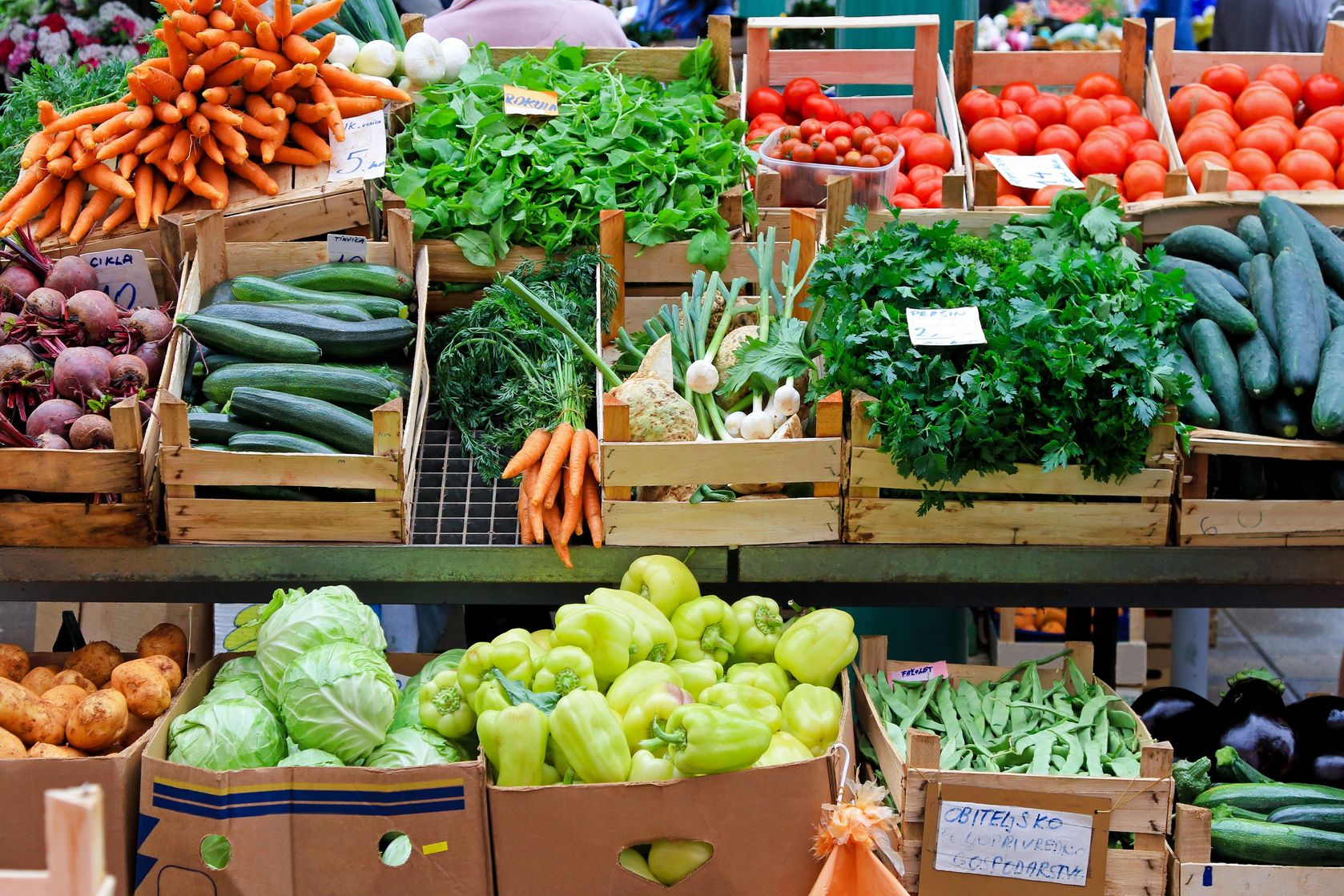The discretionary budget of the NYC Council, also known as Schedule C, funds non-profit services, including many initiatives operated by members of the Food Ed Coalition. This funding is a key safety net for food education organizations, which are needed now more than ever as COVID-19 worsens food inequities.
To understand how much discretionary funding went to different food-related initiatives, the Tisch Food Center analyzed the Schedule C documents for 2020 and 2021 at the time of adoption. We determined total funding and median funding for the following types of food initiatives: emergency food, food benefits/farm boxes, nutrition education, medically-tailored meals, senior meals, farmers markets, and urban farms/community gardens. We also searched through Schedule C to determine how much money was approved for these initiatives by each council member. The following are some key findings from the analysis:
- Total discretionary funding for food-related initiatives decreased from 2020 to 2021. Food initiatives received $20,652,500 in 2020, but decreased to $14,397,020 in 2021. Members of the Food Ed Coalition saw a 23% reduction in funding from 2020 to 2021. Notably, emergency food initiatives received additional funding through Feeding New York, the city’s $170 million emergency food plan for the COVID-19 crisis and potentially through subsequent transparency resolutions.
- Median funding per award increased for most initiatives. The median funding per award for Food Ed Coalition members increased from $5,000 in 2020 to $6,500 in 2021, meaning fewer members received awards, but those that did received more money per award.
- Cornegy and Koslowitz were among the top 5 funders of food initiatives in 2020 and 2021. The Council member who approved the most funds for food initiatives in 2021 was Deutsch, approving $200,000.
Click the link to access the policy brief on NYC Council Discretionary Investment in Food-Related Initiatives.
